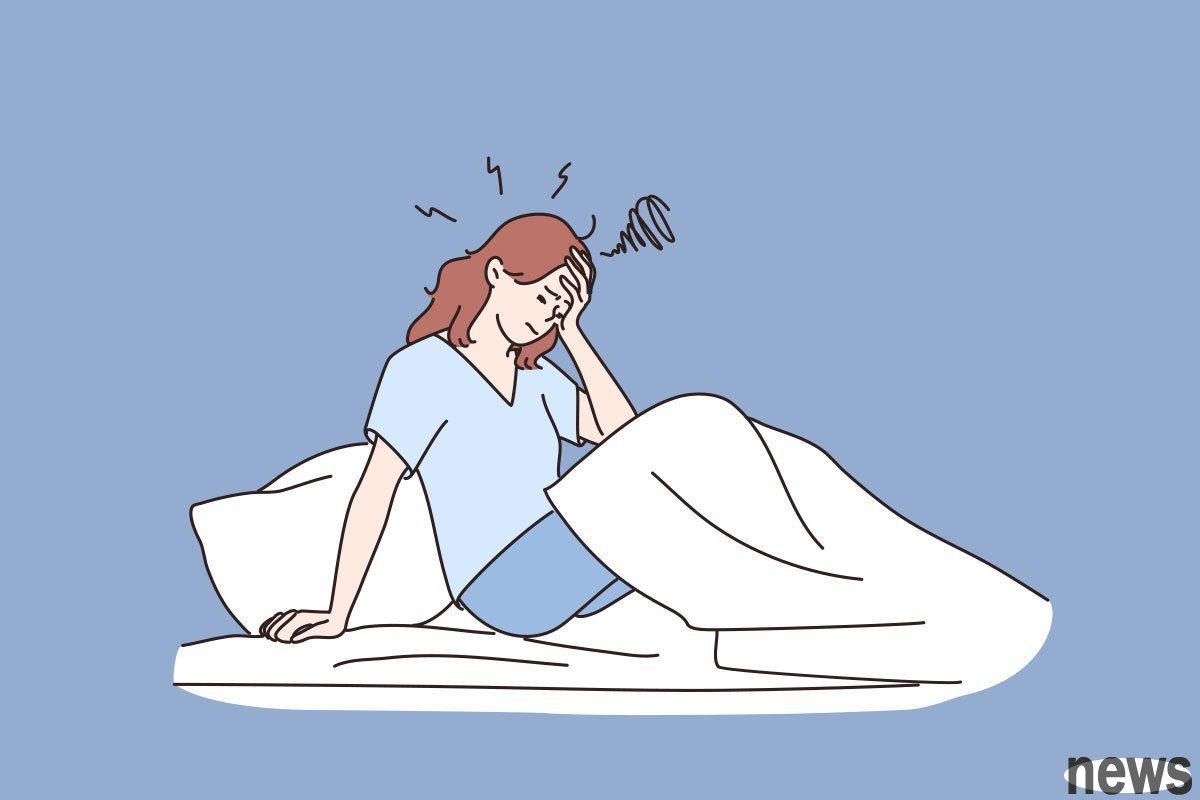
When life changes new, people may feel anxious because of the future full of inconclusiveness, and such anxiety may also affect life and even health.
The anxiety seems to be a poison in life, but is it really the case?
Most people may think that "suffering" is a kind of situation that is easy to have a negative impact on life. There are even many books on the market to teach people how to avoid being anxious and eradicate them. However, American professor of psychology and neuroscience Tracy Dennis-Tiwary believes that "attention" is actually a rather valuable emotion.
In the upcoming new book "Future Tense: Why Anxiety Is Good for You (Even Though It Feels Bad), Tracy Dennis-Tiwary uses the latest research in psychology and neuroscience as the basis, revealing that "correct anxiety" can bring a lot of benefits to life.
Make good use of 2 powers of anxiety1. Improve creativity and production: Tracy Dennis-Tiwary mentioned in his book that anxiety is a "evolutionary advantage". If it can be used effectively, it can even protect and strengthen a person's "creative" and "productive power".
2. Promote us to plan the future very much: the anxiety is sometimes because the future is full of unknowns; however, because of anxiety, people begin to think carefully about the future and actively plan for the future.
"Suffering" is not a dead end of emotion. As long as it is used properly, it can bring inner strength and have a positive impact on life.
Many people who work in the academic world think they have benefited a lot after reading this book, and they also wrote a recommendation review for this book:
"If you are as anxious as me, or live and work with anxious people, I recommend reading this book!"—— Marc, Director of the EQ Center of Jelu University Brackett
"Our brain will be anxious to be "bad emotions", but it is this idea that makes anxiety unable to deliver useful messages for the future. It is time to learn how to use it when "interest emotions" helps us, and to remove it when "interest emotions" is not beneficial, and this book will be of great help."—— American clinical psychologist Steven C. Hayes
※
